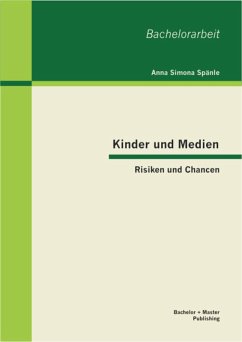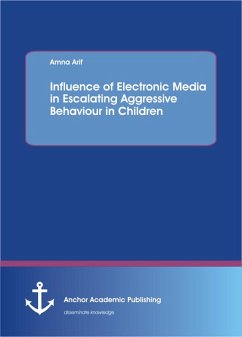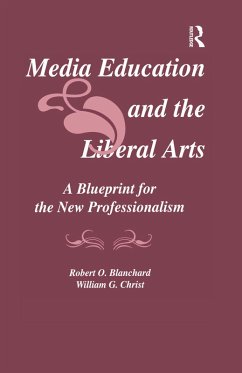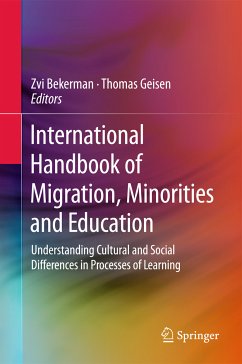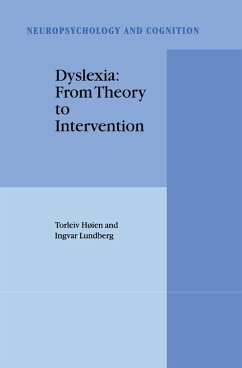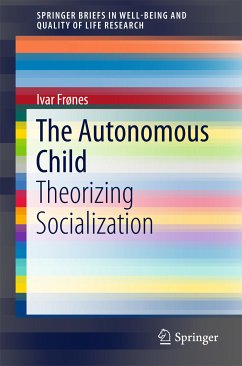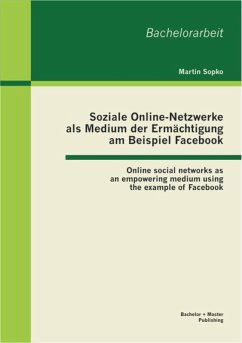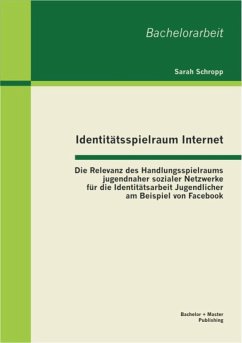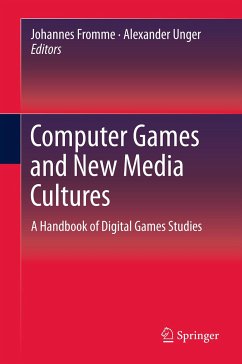
Computer Games and New Media Cultures (eBook, PDF)
A Handbook of Digital Games Studies
Redaktion: Fromme, Johannes; Unger, Alexander
Versandkostenfrei!
Sofort per Download lieferbar
112,95 €
inkl. MwSt.
Weitere Ausgaben:

PAYBACK Punkte
56 °P sammeln!
Digital gaming is today a significant economic phenomenon as well as being an intrinsic part of a convergent media culture in postmodern societies. Its ubiquity, as well as the sheer volume of hours young people spend gaming, should make it ripe for urgent academic enquiry, yet the subject was a research backwater until the turn of the millennium. Even today, as tens of millions of young people spend their waking hours manipulating avatars and gaming characters on computer screens, the subject is still treated with scepticism in some academic circles. This handbook aims to reflect the relevanc...
Digital gaming is today a significant economic phenomenon as well as being an intrinsic part of a convergent media culture in postmodern societies. Its ubiquity, as well as the sheer volume of hours young people spend gaming, should make it ripe for urgent academic enquiry, yet the subject was a research backwater until the turn of the millennium. Even today, as tens of millions of young people spend their waking hours manipulating avatars and gaming characters on computer screens, the subject is still treated with scepticism in some academic circles. This handbook aims to reflect the relevance and value of studying digital games, now the subject of a growing number of studies, surveys, conferences and publications.
As an overview of the current state of research into digital gaming, the 42 papers included in this handbook focus on the social and cultural relevance of gaming. In doing so, they provide an alternative perspective to one-dimensional studies of gaming, whose agendas do not include cultural factors. The contributions, which range from theoretical approaches to empirical studies, cover various topics including analyses of games themselves, the player-game interaction, and the social context of gaming. In addition, the educational aspects of games and gaming are treated in a discrete section. With material on non-commercial gaming trends such as 'modding', and a multinational group of authors from eleven nations, the handbook is a vital publication demonstrating that new media cultures are far more complex and diverse than commonly assumed in a debate dominated by concerns over violent content.
As an overview of the current state of research into digital gaming, the 42 papers included in this handbook focus on the social and cultural relevance of gaming. In doing so, they provide an alternative perspective to one-dimensional studies of gaming, whose agendas do not include cultural factors. The contributions, which range from theoretical approaches to empirical studies, cover various topics including analyses of games themselves, the player-game interaction, and the social context of gaming. In addition, the educational aspects of games and gaming are treated in a discrete section. With material on non-commercial gaming trends such as 'modding', and a multinational group of authors from eleven nations, the handbook is a vital publication demonstrating that new media cultures are far more complex and diverse than commonly assumed in a debate dominated by concerns over violent content.
Dieser Download kann aus rechtlichen Gründen nur mit Rechnungsadresse in A, B, BG, CY, CZ, D, DK, EW, E, FIN, F, GR, HR, H, IRL, I, LT, L, LR, M, NL, PL, P, R, S, SLO, SK ausgeliefert werden.




